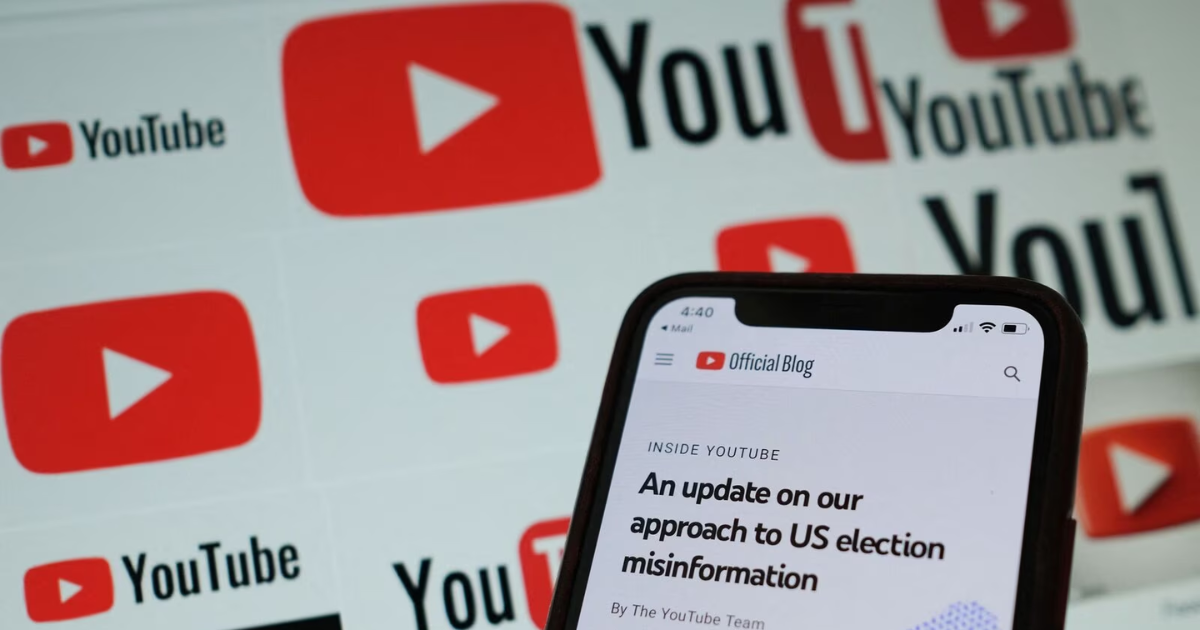YouTube, the popular video-sharing platform, has ignited controversy by reversing its policy on election misinformation. The company, which was criticized for its slow response to disallowing misinformation during the 2020 U.S. election, announced on Friday that it would now allow previously prohibited false claims surrounding the election. The changes have sparked concerns about the spread of disinformation and its potential impact on democratic processes.
The decision to reverse the policy comes as YouTube aims to strike a balance between curtailing misinformation and preserving political speech. In a blog post, the company stated, “While removing this content does curb some misinformation, it could also have the unintended effect of curtailing political speech without meaningfully reducing the risk of violence or other real-world harm.”
However, YouTube clarified that certain types of false election-related claims would still be prohibited, including lying about polling locations and other specific attempts to hinder voting. The platform maintains that its election misinformation policies, designed to prevent misleading voters and discourage interference in democratic processes, remain in place.
Critics argue that denying the validity of a presidential election can have a detrimental effect on voter participation and trust in the democratic system. Allowing users to spread broad mistrust in the electoral process raises concerns about the potential consequences for future elections, including the upcoming 2024 race.
The timing of YouTube’s announcement has drawn further scrutiny, as the company plans to provide updates on its 2024 election strategy in the coming months. Users and experts are calling for YouTube to clarify its reasoning behind the decision and outline additional safeguards to prevent the spread of harmful misinformation.
As debates continue over the balance between free speech and the dangers of misinformation, the impact of YouTube’s policy reversal will undoubtedly be closely watched, with the potential to shape the landscape of online discourse during future electoral cycles.



![[CITYPNG.COM]White Google Play PlayStore Logo – 1500×1500](https://startupnews.fyi/wp-content/uploads/2025/08/CITYPNG.COMWhite-Google-Play-PlayStore-Logo-1500x1500-1-630x630.png)